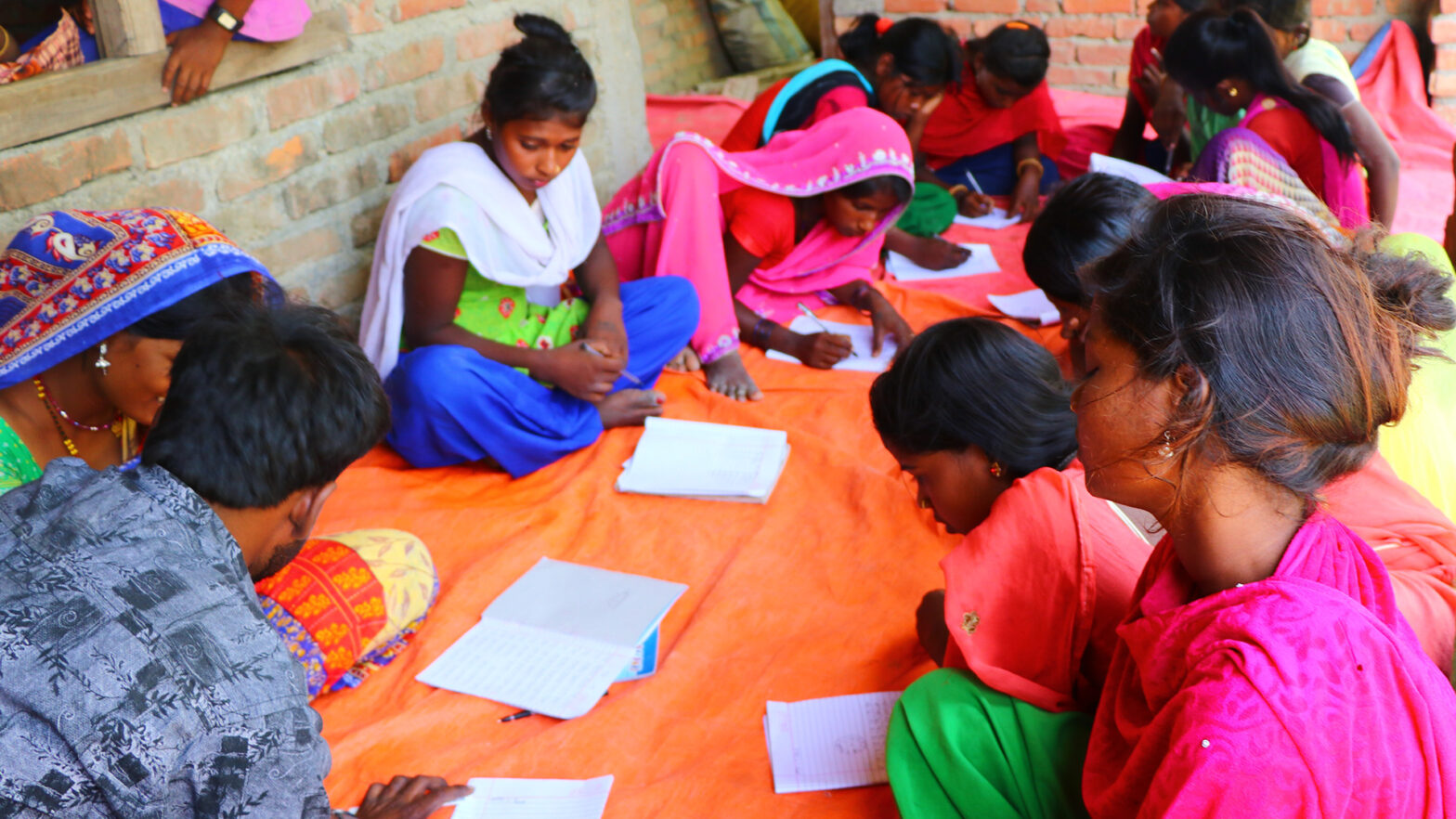Breaking barriers: Agency through financial literacy for married Dalit girls
Despite Nepal’s legal age of marriage being set at 20, early marriages continue to persist within marginalised communities, especially among women from low-income families. Various factors, including challenging socio-economic conditions, illiteracy, limited employment opportunities, gender discrimination, and poverty, contribute to this issue. Street Child of Nepal with the support of Fresh Leaf Charitable Foundation and in collaboration with local partner Janaki Women Awareness Society (JWAS) has initiated Breaking the Bonds Phase II. This programme aims to empower Dalit married girls between the ages of 15 and 25 by providing them with financial literacy and numeracy classes, as well as life skills lessons, with the ultimate goal of transitioning them into livelihoods where they can establish their own small businesses and gain income generating opportunities.
Financial Literacy Classes:
In the first phase of the programme, 235 participants have been selected, with the target of reaching 400 married Dalit girls. Currently, 11 Learning Centers have been established, where the girls are receiving financial literacy classes. Four Community Advisors conduct these classes across centers, focusing on topics such as saving, budgeting, and investment. The syllabus designed by Street Child has been specifically tailored to the unique needs of the girls. Prior to the classes, a thorough mapping exercise was conducted to select the target community and develop appropriate financial literacy lessons.
Monitoring and Evaluation (M&E):
To ensure effective implementation and track progress, the programme in collaboration with JWAS, incorporates monitoring of the programme activities. Initially, mapping was conducted in two municipalities, and an identification survey was carried out to register 235 girls for the programme. A household survey provided valuable insights into the socioeconomic backgrounds and educational status of the families. A baseline survey was also conducted to assess the girls knowledge levels in various areas, including life skills, financial knowledge and livelihood skills. Various tools within the Monitoring and Evaluation framework were employed to survey households and assess the baseline information of the initial cohort of the participants. Currently, market research is being conducted in Madesh Pradesh, specifically in Dhanusha, in two palikas: Bateshwor and Kuleshwor.
Livelihood Transitions:
The ultimate objective of the programme is to equip the girls with the skills necessary to establish their own small business. Often, after marriage, these girls face limitations in further education and employment opportunities and are bound to more traditional household roles. By enabling them to establish their own businesses, the programme seeks to foster financial independence and build a better future for these girls.
Prior to enrolling in these classes, the girls had never received any financial education. Previous programmes targeting Musahar girls have yielded positive results, enabling them to invest in their businesses, save, manage their personal expenses, pay for their siblings’ education, and handle expenses such as medical bills without having to rely on neighbors or relatives for financial support. Through earlier initiatives, we have already reached over 3,000 Musahar girls, providing them with financial literacy programs to improve their financial knowledge and establish their own small businesses.
Through this programme, our end goal is to enable married girls to make informed decisions about their finances, develop their entrepreneurial spirit, and gain financial independence. “JWAS is proud to implement the Breaking the Bonds-II project in two municipalities within the Dhanusha district. As we empower these girls and encourage their active engagement in economic activities, we expect to witness a significant reduction in household tensions and cases of violence.” – Bishnu Bhandari, Programme Manager at JWAS.

